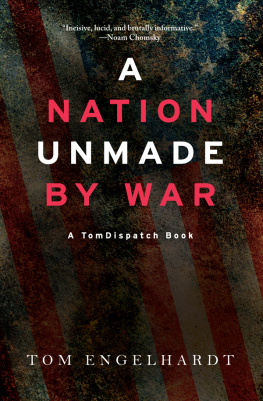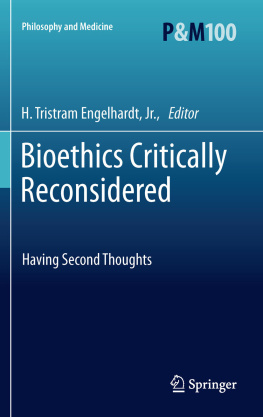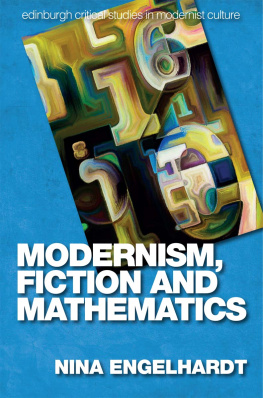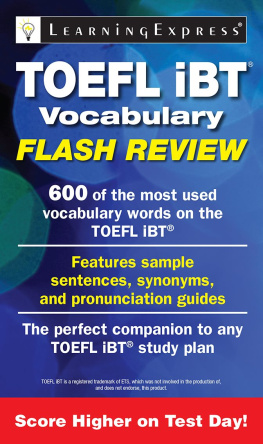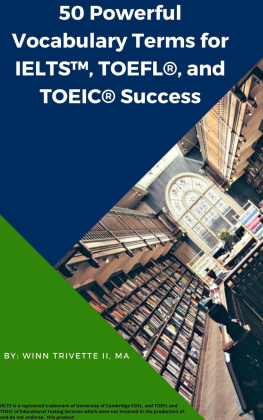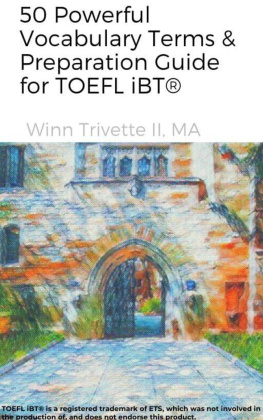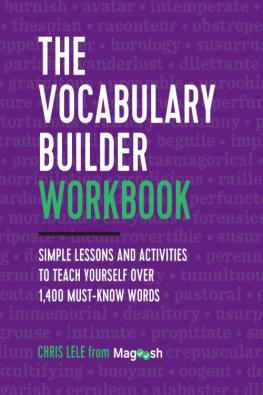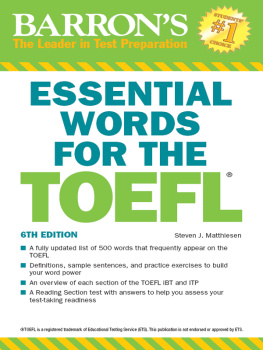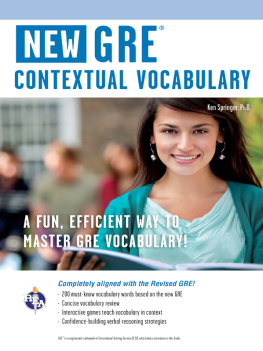Also by Diane Engelhardt:
Practice Makes Perfect: Intermediate English Reading and Comprehension
Practice Makes Perfect: Advanced English Reading and Comprehension
Perfect Phrases for ESL: Conversation Skills
Copyright 2015 by Diane Engelhardt. All rights reserved. Except as permitted under the United States Copyright Act of 1976, no part of this publication may be reproduced or distributed in any form or by any means, or stored in a database or retrieval system, without the prior written permission of the publisher.
ISBN: 978-0-07-182703-4
MHID: 0-07-182703-X
The material in this eBook also appears in the print version of this title: ISBN: 978-0-07-182710-2, MHID: 0-07-182710-2.
eBook conversion by codeMantra
Version 1.0
All trademarks are trademarks of their respective owners. Rather than put a trademark symbol after every occurrence of a trademarked name, we use names in an editorial fashion only, and to the benefit of the trademark owner, with no intention of infringement of the trademark. Where such designations appear in this book, they have been printed with initial caps.
McGraw-Hill Education eBooks are available at special quantity discounts to use as premiums and sales promotions or for use in corporate training programs. To contact a representative, please visit the Contact Us page at www.mhprofessional.com.
TOEFL and TOEFL iBT are registered trademarks of Educational Testing Service (ETS), which was not involved in the production of, and does not endorse, this produc
TERMS OF USE
This is a copyrighted work and McGraw-Hill Education and its licensors reserve all rights in and to the work. Use of this work is subject to these terms. Except as permitted under the Copyright Act of 1976 and the right to store and retrieve one copy of the work, you may not decompile, disassemble, reverse engineer, reproduce, modify, create derivative works based upon, transmit, distribute, disseminate, sell, publish or sublicense the work or any part of it without McGraw-Hill Educations prior consent. You may use the work for your own noncommercial and personal use; any other use of the work is strictly prohibited. Your right to use the work may be terminated if you fail to comply with these terms.
THE WORK IS PROVIDED AS IS. MCGRAW-HILL EDUCATION AND ITS LICENSORS MAKE NO GUARANTEES OR WARRANTIES AS TO THE ACCURACY, ADEQUACY OR COMPLETENESS OF OR RESULTS TO BE OBTAINED FROM USING THE WORK, INCLUDING ANY INFORMATION THAT CAN BE ACCESSED THROUGH THE WORK VIA HYPERLINK OR OTHERWISE, AND EXPRESSLY DISCLAIM ANY WARRANTY, EXPRESS OR IMPLIED, INCLUDING BUT NOT LIMITED TO IMPLIED WARRANTIES OF MERCHANTABILITY OR FITNESS FOR A PARTICULAR PURPOSE. McGraw-Hill Education and its licensors do not warrant or guarantee that the functions contained in the work will meet your requirements or that its operation will be uninterrupted or error free. Neither McGraw-Hill Education nor its licensors shall be liable to you or anyone else for any inaccuracy, error or omission, regardless of cause, in the work or for any damages resulting therefrom. McGraw-Hill Education has no responsibility for the content of any information accessed through the work. Under no circumstances shall McGraw-Hill Education and/or its licensors be liable for any indirect, incidental, special, punitive, consequential or similar damages that result from the use of or inability to use the work, even if any of them has been advised of the possibility of such damages. This limitation of liability shall apply to any claim or cause whatsoever whether such claim or cause arises in contract, tort or otherwise.
To obtain material from the disk that accompanies the printed version of this eBook, please .
Material from the disk that accompanies the printed version of this eBook may be obtained from McGraw-Hill Professionals MediaCenter at http://mhprofessional.com/mediacenter .
Some material may require a desktop or laptop computer for full access.
Enter this eBooks ISBN and your e-mail address at the MediaCenter to receive an e-mail message with a download link.
This eBooks ISBN is 978-0-07-182703-4.
CONTENTS

INTRODUCTION

Words, words, and more words
T he exact number of words in the English language can be estimated at anywhere between 171,476 words in current use (contained in the Oxford English Dictionary, Second Edition) and 988,968 words according to Global Language Monitor. Among these are:
Nouns, adjectives, adverbs, and verbs
Exclamations, interjections, and prepositions
Prefixes and suffixes
Words of foreign origin
Obsolete and archaic words
Academic words
Technical, medical, scientific, legal, business, and other jargon that is specific to a particular field or subject matter
Slang and colloquial words, and idiomatic expressions
From these numbers you can conclude that learning vocabulary is a daunting task. And it is particularly daunting to learn vocabulary for the TOEFL test, when vocabulary questions make up only a small part of the whole test. Keep in mind, however, that you need vocabulary not only to answer vocabulary questions but also to understand what you read and hear and to express your ideas in writing.
Vocabulary is directly related to academic performance. A study conducted in 1998 by Douglas Bors and Tonya Stokes concluded that college students with larger vocabularies achieved higher grades, produced better quality writing, and were able to process information more readily and better than those with less advanced vocabulary skills. Clearly, the greater your vocabulary, the higher your chances of succeeding in college and university courses.
So where do you start? Which words do you learn? How do you learn them? And how do you remember all of them?
Acquiring vocabulary is not something you can do overnight. In fact, it is a long-term process that requires dedication and strategy. Therefore, the first thing you should be prepared to do is learn vocabulary for life, not just for the TOEFL test. Any word that you may learn specifically to pass the TOEFL test can be used, most likely, anywhere outside the classroom, and anytime besides during the test. So dont think that you are wasting your time learning new words. Remember: a language without a broad vocabulary is like a house without rooms or furniture.
About this book and recordings

McGraw-Hill Education: Essential Vocabulary for the TOEFLTest has been written to help you learn vocabulary for the TOEFL test and, more important, for life. How will it do that?
By helping you recognize words from their function and form
By helping you use a dictionary and thesaurus
By helping you figure out the meaning from context, which is the most useful method as you probably dont walk around with a dictionary in your back pocket (You probably have a cell/mobile phone, but that is not necessarily the best substitute for a reputable paper dictionary. I knowIm old-fashioned!)
By showing you how to organize the vocabulary you learn so that you can find it quickly and learn faster through associating words in clusters or with images
Next page

